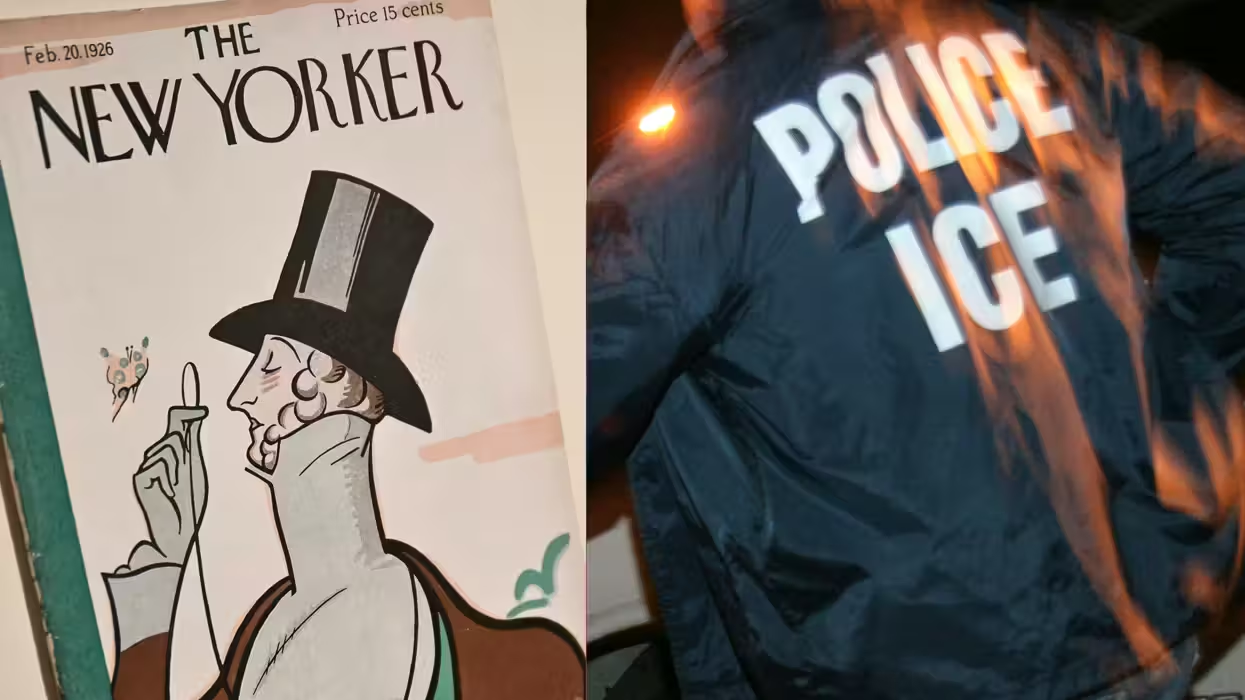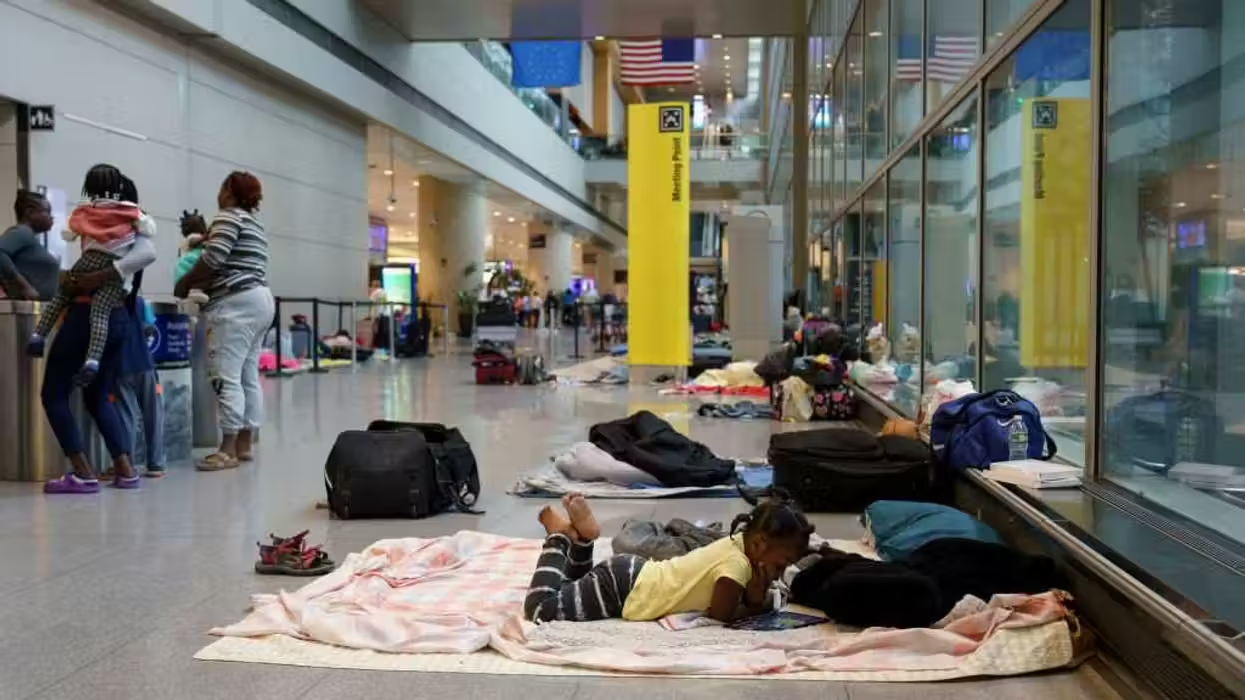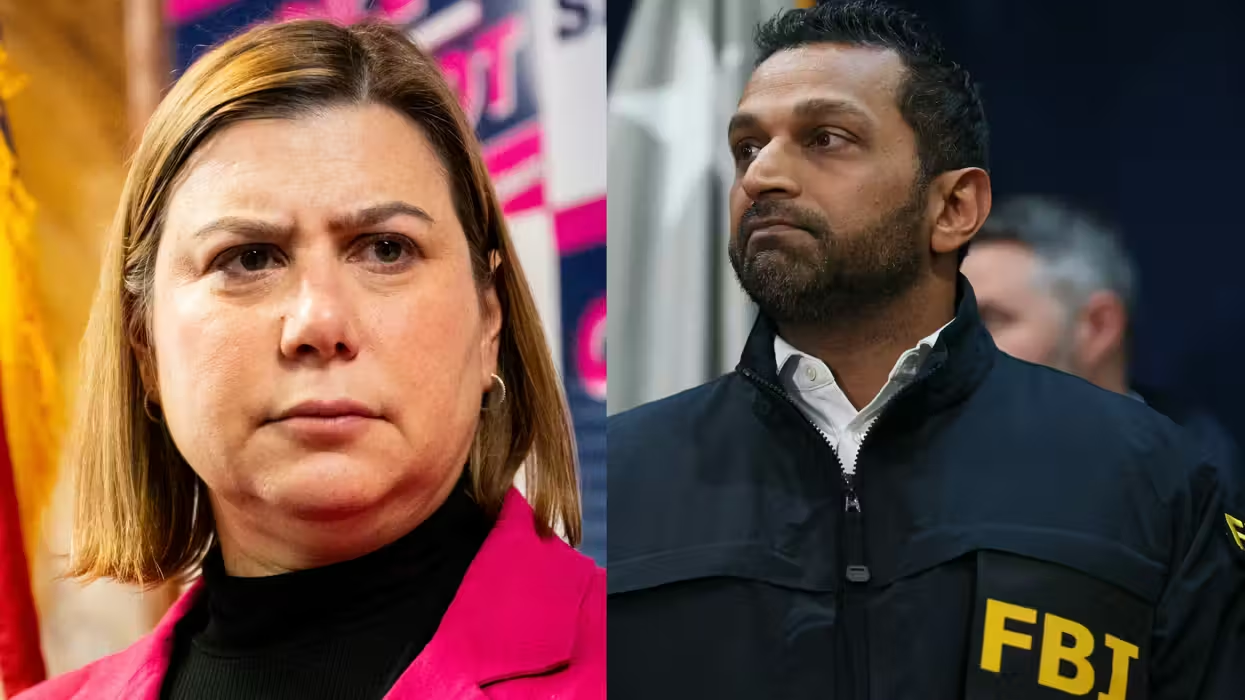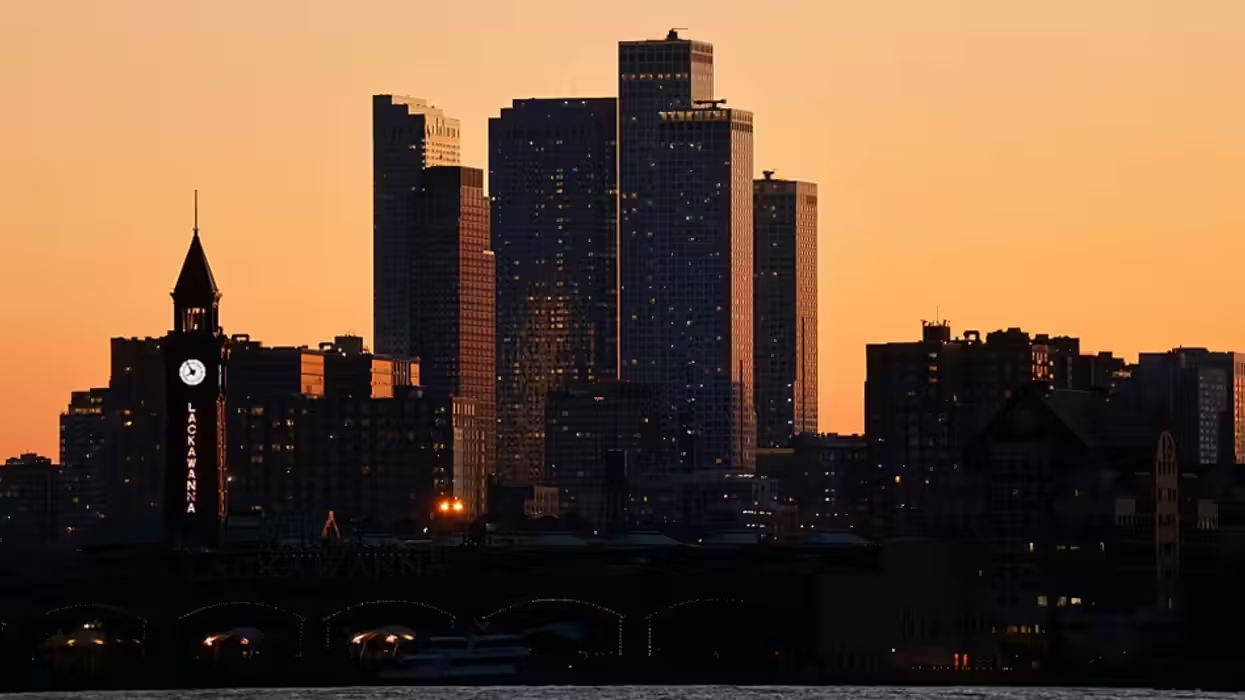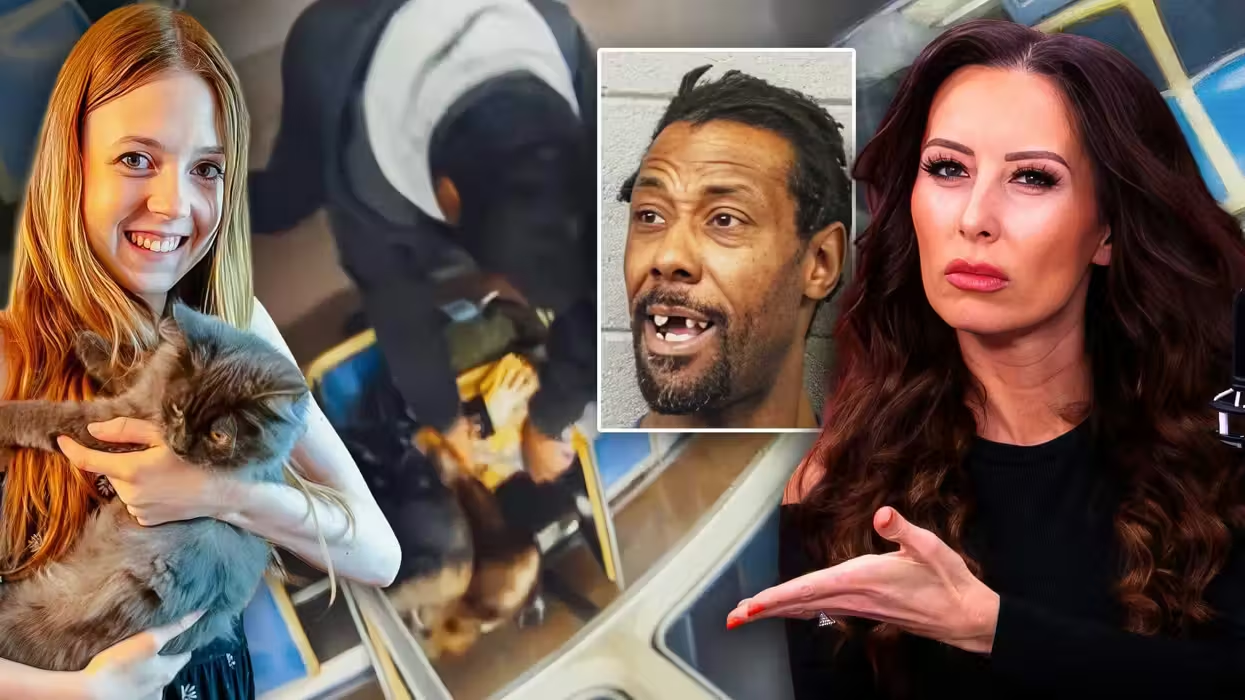© 2025 Blaze Media LLC. All rights reserved.
Egyptian VP Meets With Opposition Groups & Muslim Brotherhood; Makes Concessions
February 06, 2011
CAIRO (AP) -- Egypt's vice president met a wide representation of major opposition groups for the first time Sunday and agreed to allow freedom of the press, to release those detained since anti-government protests began nearly two weeks and ago and to lift the country's hated emergency laws when security permits.
Vice President Omar Suleiman endorsed a plan with the opposition to set up a committee of judiciary and political figures to study proposed constitutional amendments that would allow more candidates to run for president and impose term limits on the presidency, the state news agency reported. The committee was given until the first week of March to finish the tasks.
The regime also pledged not to harass those participating in the anti-government protests, which have drawn hundreds of thousands at the biggest rallies. The government also agreed not to hamper freedom of press and not to interfere with text messaging and Internet.
Sunday's meeting was the broadest representation of Egypt's fragmented opposition to meet with the new vice president since the protests demanding the immediate ouster of longtime President Hosni Mubarak began on Jan. 25.
The opposition groups represented included the youthful supporters of leading democracy advocate Mohamed ElBaradei, who are one of the main forces behind the protests.
The outlawed Muslim Brotherhood, Egypt's largest opposition group, and a number of smaller leftist, liberal groups also attended the meeting, according to footage shown on state television.
Mubarak, Egypt's ruler of nearly 30 years, has rejected calls to step down immediately and instead promised a package of unspecified political reforms - part of a series of concessions the regime has made in an unsuccessful bid to quell the protests.
The two sides also agreed at the meeting that the government would open an office that would field complaints about political prisoners, according to the state news agency.
The government also pledged to commission judicial authorities to fight corruption and prosecute those behind it. It agreed to investigate and prosecute those responsible for the yet unexplained disappearance of police from Cairo's streets more than a week ago, which unleashed a wave of lawless looting and arson.
Egypt's emergency laws were imposed by Mubarak when he took office in 1981 and they have been in force ever since. The laws give police far-reaching powers for detention and suppression of civil and human rights. Lifting the laws has been a longtime demand by the opposition.
Want to leave a tip?
We answer to you. Help keep our content free of advertisers and big tech censorship by leaving a tip today.
Want to join the conversation?
Already a subscriber?
Jonathon M. Seidl is a former managing editor of Blaze News and a best-selling author and speaker. His next book, “Confessions of a Christian Alcoholic,” will be released on October 7, 2025.
Jonathon M. Seidl
Jonathon M. Seidl is a former managing editor of Blaze News and a best-selling author and speaker. His next book, “Confessions of a Christian Alcoholic,” will be released on October 7, 2025.
more stories
Sign up for the Blaze newsletter
By signing up, you agree to our Privacy Policy and Terms of Use, and agree to receive content that may sometimes include advertisements. You may opt out at any time.
Related Content
© 2025 Blaze Media LLC. All rights reserved.
Get the stories that matter most delivered directly to your inbox.
By signing up, you agree to our Privacy Policy and Terms of Use, and agree to receive content that may sometimes include advertisements. You may opt out at any time.
